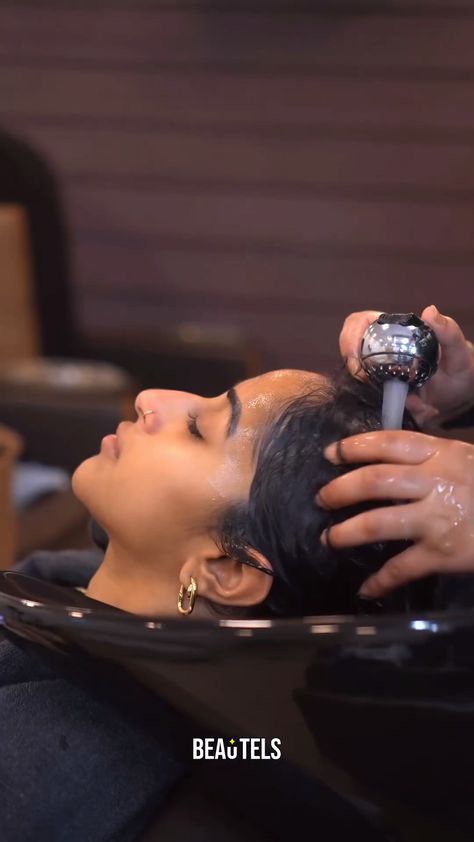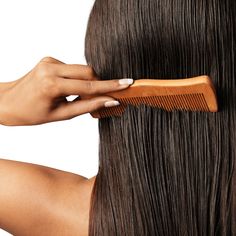Hair Dandruff & Solution
Hair dandruff, medically termed as pityriasis simplex capillitii, is a prevalent scalp condition affecting millions worldwide. It is characterized by the shedding of dead skin cells from the scalp, often accompanied by itching and flaking. Despite its widespread occurrence, dandruff remains a source of embarrassment and discomfort for many individuals. Understanding the causes, effects, and available solutions for hair dandruff is crucial for effective management and prevention.
Causes of Hair Dandruff:

- Malassezia Fungus: The predominant cause of dandruff is the overgrowth of Malassezia, a yeast-like fungus naturally present on the scalp. Malassezia feeds on sebum, the natural oil produced by hair follicles, leading to irritation and increased shedding of skin cells.
- Dry Scalp: Insufficient moisture on the scalp can cause dryness and flakiness, contributing to the development of dandruff. Factors such as cold weather, low humidity, and excessive washing with harsh shampoos can strip the scalp of its natural oils, exacerbating dryness.
- Seborrheic Dermatitis: Dandruff is closely associated with seborrheic dermatitis, a common inflammatory skin condition characterized by red, greasy skin covered with white or yellow scales. Seborrheic dermatitis often affects areas rich in oil glands, such as the scalp, face, and chest.
- Poor Hygiene: Infrequent shampooing and inadequate cleansing of the scalp can lead to the accumulation of dead skin cells, oils, and dirt, creating an ideal environment for the proliferation of Malassezia and the development of dandruff.
- Sensitivity to Hair Care Products: Some individuals may experience dandruff-like symptoms as a reaction to certain hair care products, such as shampoos, conditioners, or styling gels. Ingredients like sulfates, parabens, and fragrances can irritate the scalp and trigger flaking.
Effects of Hair Dandruff:

- Itching and Irritation: Dandruff often causes itching and discomfort, prompting individuals to scratch their scalp frequently. Continuous scratching can damage the skin barrier, leading to inflammation and further exacerbation of dandruff.
- Visible Flaking: One of the most noticeable effects of dandruff is the presence of visible flakes on the scalp, hair, and clothing. This can be embarrassing and socially distressing, particularly in professional or social settings.
- Hair Damage: Persistent dandruff and scratching can weaken the hair shaft, leading to breakage, split ends, and hair loss. In severe cases, chronic inflammation of the scalp can damage hair follicles, resulting in permanent hair thinning or bald patches.
- Psychological Impact: The visible symptoms of dandruff, coupled with social stigma and self-consciousness, can negatively impact an individual’s self-esteem and mental well-being. Dandruff sufferers may experience anxiety, depression, and avoidance of social interactions due to their condition.
Solutions for Hair Dandruff:
- Anti-Dandruff Shampoos: Over-the-counter and prescription-strength shampoos containing active ingredients such as zinc pyrithione, selenium sulfide, ketoconazole, or coal tar are effective in controlling dandruff. These ingredients help to reduce the growth of Malassezia fungus and exfoliate dead skin cells from the scalp.
- Scalp Hygiene: Regular washing with a mild, anti-dandruff shampoo helps to remove excess oil, dirt, and dead skin cells from the scalp, preventing the buildup of flakes. However, excessive washing or use of harsh shampoos can strip the scalp of its natural oils, leading to dryness and exacerbation of dandruff.
- Moisturizing Treatments: Applying moisturizing scalp treatments or oils can help to alleviate dryness and soothe irritated skin. Ingredients such as coconut oil, olive oil, aloe vera, and glycerin provide hydration and promote a healthy scalp environment.
- Dietary Modifications: Some studies suggest that dietary factors may influence the severity of dandruff. Consuming a balanced diet rich in vitamins, minerals, and essential fatty acids can help to support scalp health and reduce inflammation. Foods such as fatty fish, nuts, seeds, fruits, and vegetables are beneficial for maintaining healthy skin and hair.
- Stress Management: Stress has been linked to the exacerbation of dandruff symptoms. Practicing stress-reduction techniques such as meditation, yoga, deep breathing exercises, or engaging in hobbies can help to alleviate stress and promote scalp health.
- Avoiding Irritants: Individuals with sensitive scalps should avoid hair care products containing harsh chemicals, fragrances, and allergens that can irritate the skin and worsen dandruff. Opting for hypoallergenic, fragrance-free products or those specifically formulated for sensitive skin can help to minimize irritation.

- Consultation with a Dermatologist: If dandruff persists despite self-care measures, or if it is accompanied by severe itching, redness, or inflammation, consultation with a dermatologist is recommended. A dermatologist can assess the underlying causes of dandruff and prescribe appropriate medications or treatments, such as topical steroids, antifungal creams, or phototherapy, to alleviate symptoms and promote scalp healing.
Conclusion: Hair dandruff is a common scalp condition with various causes and effects, ranging from itching and flaking to hair damage and psychological distress. Effective management of dandruff requires a multifaceted approach, including proper scalp hygiene, the use of anti-dandruff shampoos, moisturizing treatments, dietary modifications, stress management, and avoidance of irritants. By understanding the underlying factors contributing to dandruff and implementing suitable solutions, individuals can achieve a healthy scalp and alleviate the discomfort associated with this common condition.

